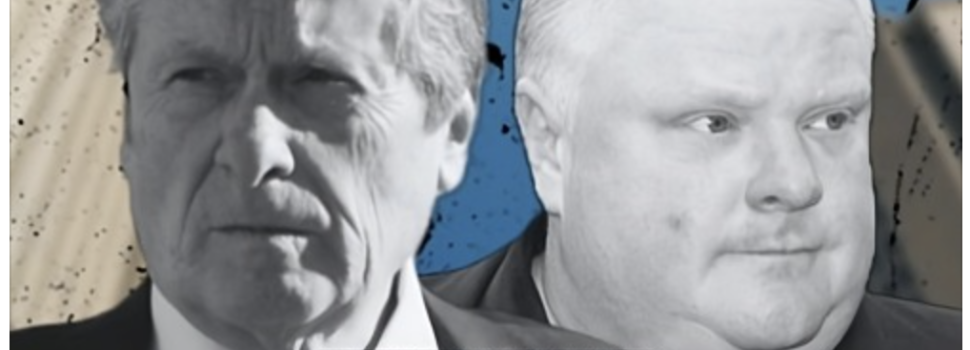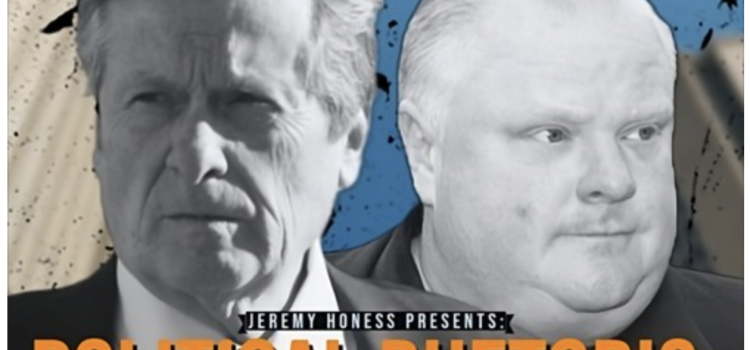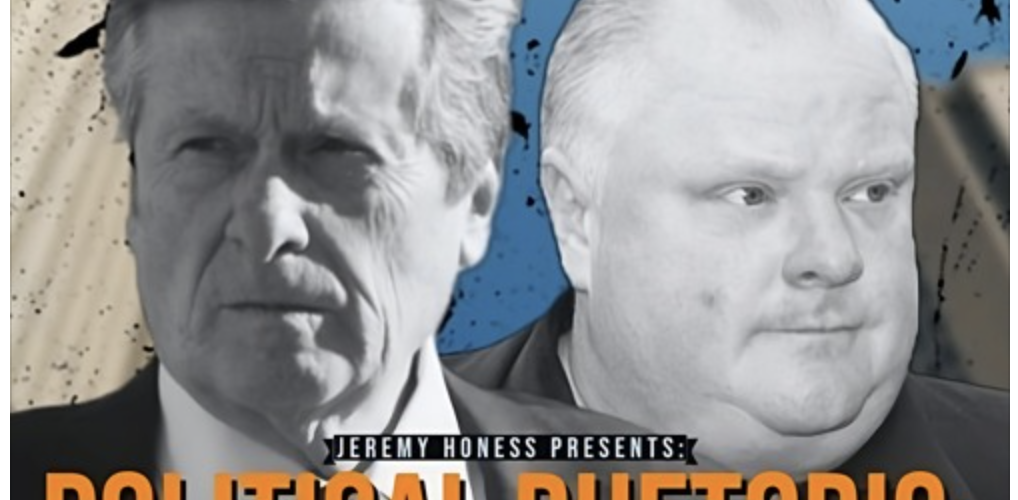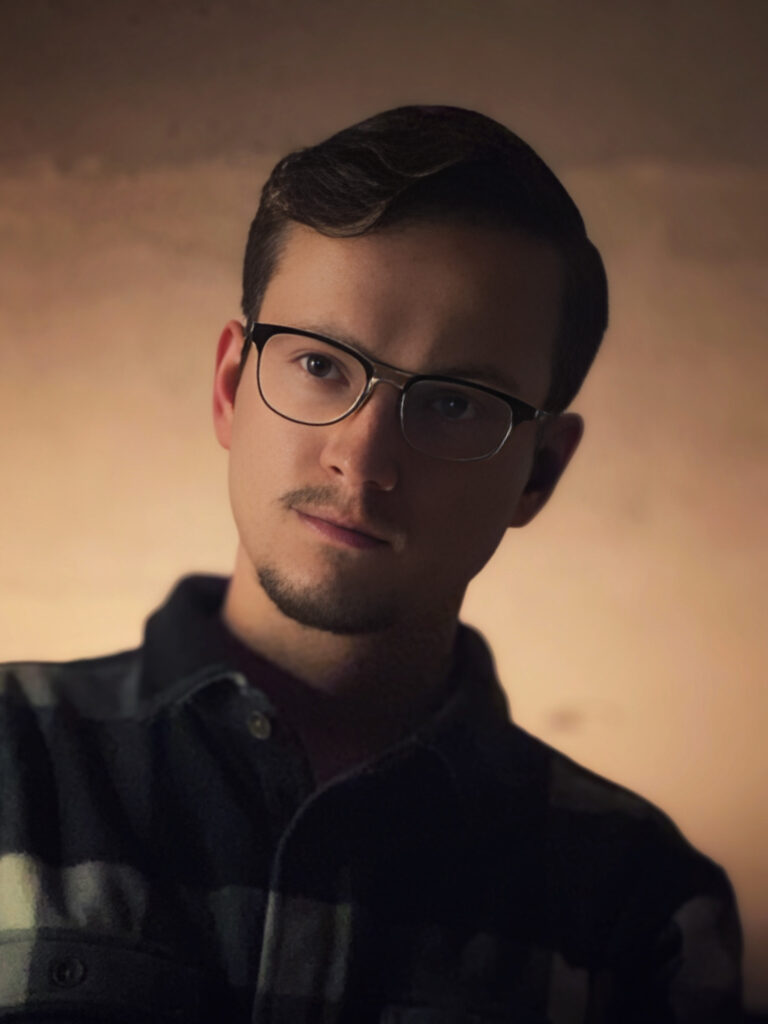

Jeremy Honess: Political rhetoric – a dubious second language
2023 Thesis ProjectsCanadaPoliticsPoliticsTorontoToronto May 29, 2023 Siobhan Moore

Throughout my time at Humber College, I found myself accidentally pigeonholed into covering issues on municipal politics. This inevitably led to me having lots of interviews with city councillors which got me thinking about their approach to how they responded to questions. What bothered me the most was their non-committal responses, thus allowing them leeway to disavow themselves of any responsibility for what they say to the public and by extension, the media. Throughout my research for this project, I found that this is a well-known phenomenon extensively covered in the United States called “doublespeak,” a term coined by Linguist, William D. Lutz in the late ’80s. For this project, I searched for the source of this rhetorical style synonymous with modern Toronto municipal politics. This piece reviews and scrutinizes the steady evolution of doublespeak in City Hall, tracing it from the Rob Ford era to the administration of John Tory – with the help of six journalists – David Rider, Ben Spurr, Edward Keenan, Jeff Gray, Matt Eliott and Jonathan Goldsbie.
Thank you so much to everyone who contributed to the podcast, I hope you enjoy Political Rhetoric: a Dubious Second Language.

